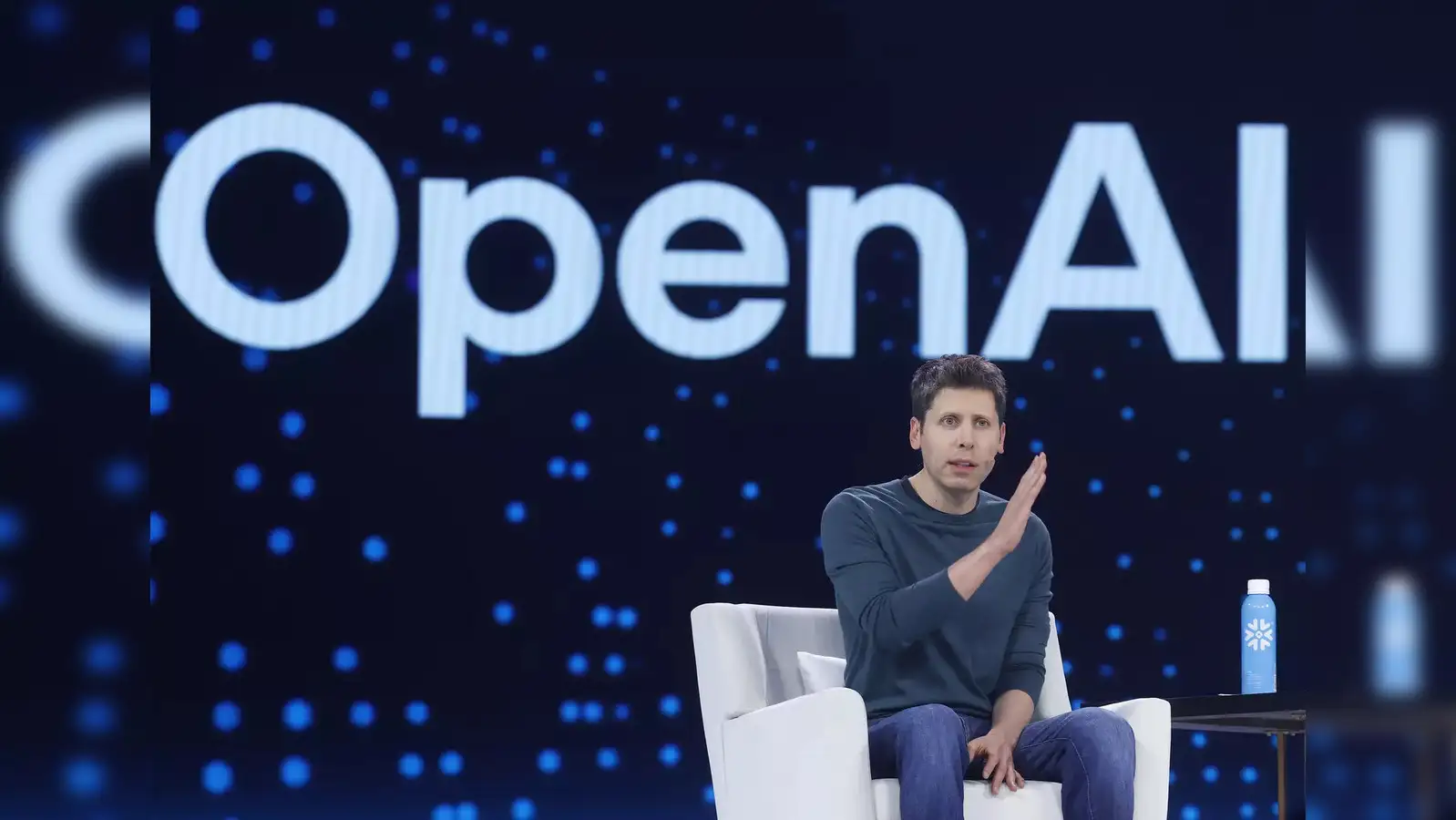OpenAI's Project Mercury: Revolutionizing Junior Bankers' Workload (2025 Insight)
Discover how OpenAI's Project Mercury is transforming junior bankers' workload with AI, enhancing efficiency and reshaping investment banking.

OpenAI's Project Mercury: Revolutionizing Junior Bankers' Workload
OpenAI is spearheading a groundbreaking initiative, Project Mercury, aimed at automating the repetitive tasks of junior investment bankers. By leveraging artificial intelligence, OpenAI seeks to transform financial modeling and transaction workflows, making them more efficient and less labor-intensive.
The Vision Behind Project Mercury
Junior bankers traditionally spend countless hours on tedious tasks like building detailed Excel-based financial models, revising spreadsheets, and formatting data. Project Mercury is designed to alleviate this "drudgery" by training AI to handle these tasks with precision and speed.
- Codename: Project Mercury
- Participants: Over 100 former investment bankers from top firms
- Compensation: $150 per hour for training AI models
Training the AI
The AI is primarily trained on:
- Building transaction models for various deal types (restructurings, IPOs, mergers, and acquisitions).
- Creating financial models following strict industry formatting norms.
- Automating repetitive tasks that junior bankers typically handle manually.
Industry Impact
OpenAI's efforts are part of a larger trend of AI adoption in finance, which includes:
- Personalized banking experiences: AI analyzes transaction histories to recommend tailored investment plans.
- Process automation: Reducing human error in back-office operations.
- Revenue generation: Identifying new market opportunities and creating innovative financial products.
Strategic Partnerships
OpenAI is expanding its influence through strategic partnerships, such as with Salesforce. This partnership integrates OpenAI’s models into Salesforce’s Agentforce 360 platform, enabling enterprises to build AI agents and data visualizations directly within business workflows.
Financial and Operational Challenges
Despite technological advancements, OpenAI faces significant financial challenges. The company’s valuation has soared to nearly $500 billion, yet profitability remains elusive. The success of ventures like Project Mercury will be critical for OpenAI’s financial viability.
Implications for the Banking Industry
If successful, Project Mercury could:
- Increase efficiency: Allow junior bankers to focus on strategic analysis.
- Reduce costs: Decrease the need for large teams dedicated to manual financial modeling.
- Transform jobs: Shift entry-level roles towards oversight of AI-generated models.
- Disrupt the industry: Lower barriers to entry for smaller firms.
Visual Illustrations
- Official OpenAI logo and branding.
- Screenshots of Excel-based financial models.
- Photos of former investment bankers collaborating with AI tools.
- Salesforce and OpenAI partnership branding visuals.
OpenAI’s Project Mercury marks a pivotal moment in the integration of AI into high-stakes financial environments. By automating junior bankers’ workload, OpenAI is not only enhancing productivity but also reshaping the future of investment banking.



